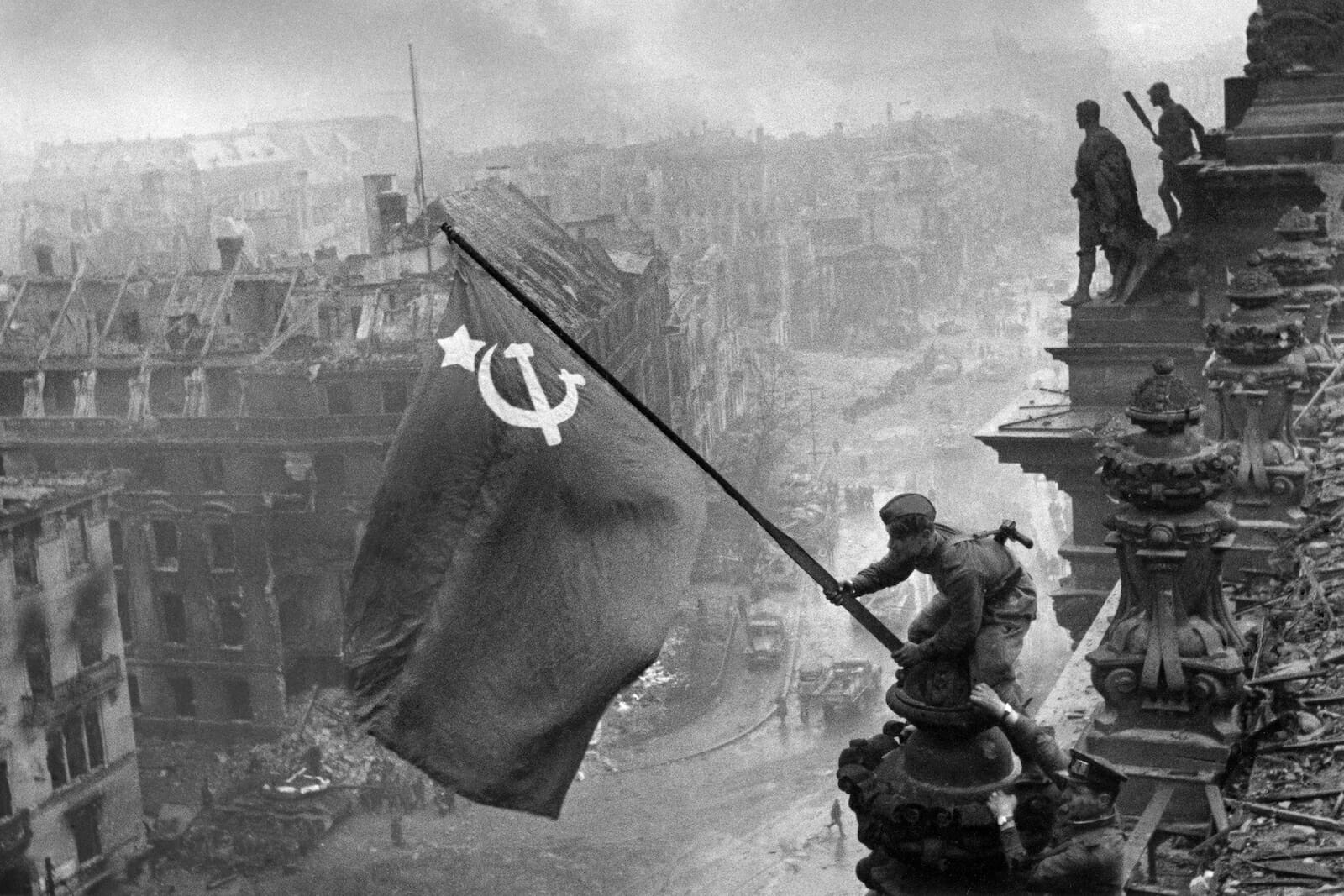
Russia’s WW2 Revisionism in a World of Fake News
In the latest attempt by the Kremlin to manage the global perception of historical events, Russia has attempted to rewrite the history of Soviet aggression towards Eastern Europe during World War 2. However, Russia’s latest attempt to revise history doesn’t come as much of a surprise.
Russia revising events according to its own interests is nothing new. What is new, however, is the context of fake news and misinformation that has arisen over the past few years. This context makes people more vulnerable to accepting false narratives.
So, what is the narrative that Putin is trying to propagate? In a speech given on the 20th of December last year, Putin blamed Poland for the Second World War, despite the fact that in 1939 Stalin signed a non-aggression pact with the Nazis. Following this agreement, the Soviet Union invaded Poland and World War 2 started.
He argued that Poland had formed an alliance with Germany against the Soviets and participated in the division of Czechoslovakia. He noted Poland had previously formed an anti-Soviet alliance with Germany and took part in the division of Czechoslovakia in 1938, implying it had no right to pose as a victim.
The Soviet Union, he claimed, did not take anything from Poland. The Economist points out that Putin “did not mention that Soviet troops massacred 20,000 Poles in the Katyn Forest in 1940 and, after the war, imposed a communist dictatorship on the country for decades.”
Putin’s effort to shift the tide in perceptions around World War 2 comes after the European Parliament passed a resolution which blamed this 1939 pact between Hitler and Stalin for World War Two.
Part of the resolution states: “80 years ago on 23 August 1939, the Soviet Union and Nazi Germany signed a Treaty of Non-Aggression, known as the Molotov-Ribbentrop Pact, and its secret protocols, dividing Europe and the territories of independent states between the two totalitarian regimes and grouping them into spheres of interest, which paved the way for the outbreak of the Second World War.”
For Putin, this resolution threatens the Russian narrative of World War 2, which has always positioned Russia as the true hero of the war. It is evident that Putin wants to continue to position Russia as a victor, and not as a co-conspirator with the Nazis.
Putin is known to make moves in order to save face and make Russia appear as triumphant. While it is true that Russia played an important role in defeating the Nazis at the end of World War 2, this is not the whole story. Attempting to sway the world’s perception of such a significant event as World War 2, however, is pushing things. It is a horrific event that has shaped the world as we know it today in many ways.
Furthermore, it is important to understand Putin’s attempts to sway perceptions about Russia’s role in World War 2. One must see it as part of his enduring campaign to discredit and delegitimize the EU. These efforts have included online misinformation campaigns aimed to spark disunity and Euroscepticism among EU countries.
Such trenchant campaigns to spark distrust in authorities and propagate conspiracy theories could be argued to make the rewriting of history more manageable. After all, conspiracy theories and fake news are often given a concerning amount of undue attention today.
The amount of fake news and misinformation on the Internet is important to this story in a second, more general sense, however. The way people get their news today, usually via social media channels, has made fake news blend easily in with real news stories in a way that has made the borders between truth and falsehood less clear.
In light of this and given the current precarious state of the European Union as Brexit unfolds, it is more pertinent than ever that Russia’s propagation of false narratives are combated.
Russia is claiming that Russia liberated Europe from the Third Reich, a narrative that was propagated by the Soviet Union. Positioning Russia as the victor who saved Europe fits in well with the Kremlin mythos of Russia being the strong, undefeatable hero.
Russia’s claims may seem like nonsense, but they can have real consequences. This has become more than evident through revelations that Russia likely interfered with the Brexit referendum.

